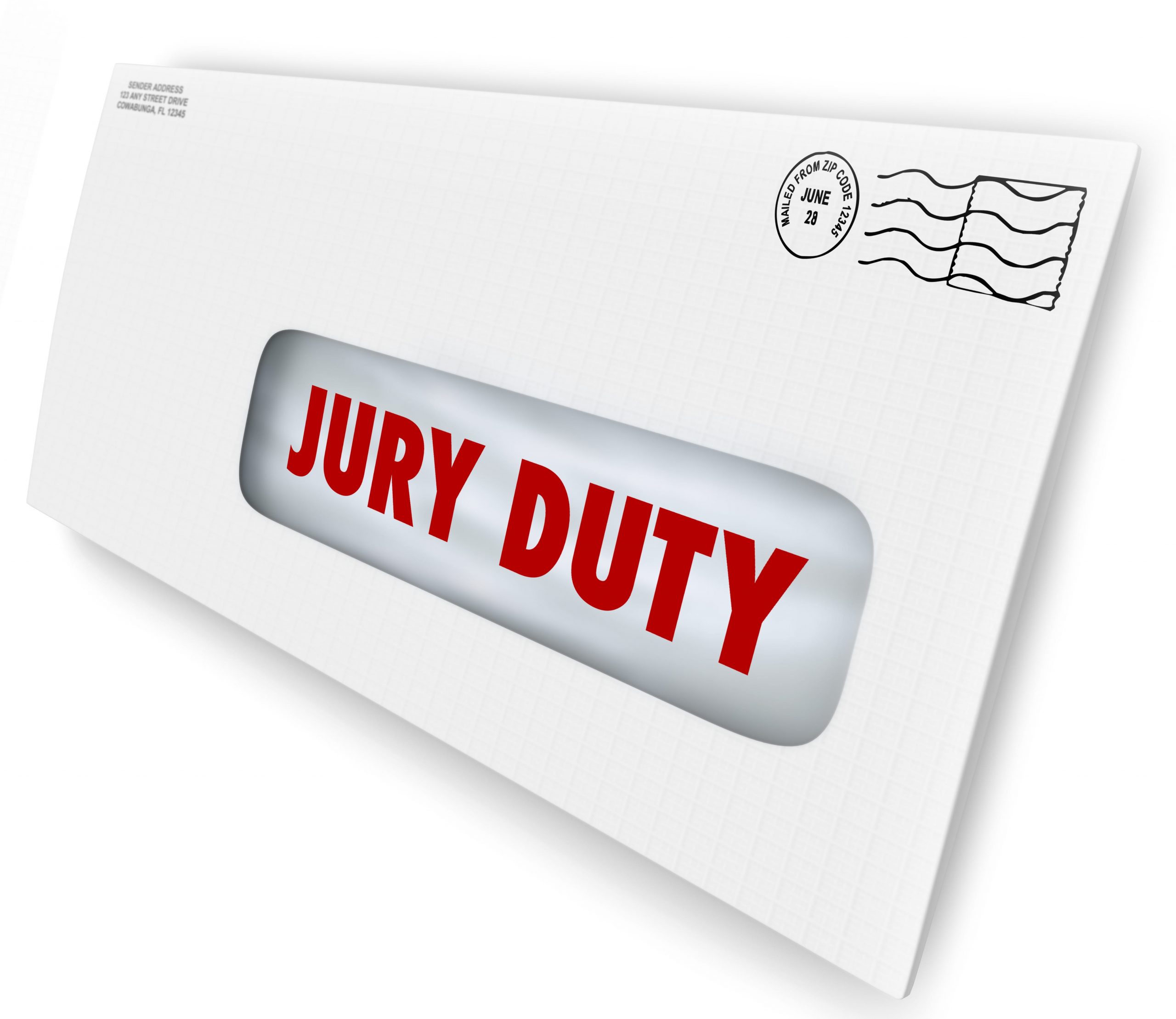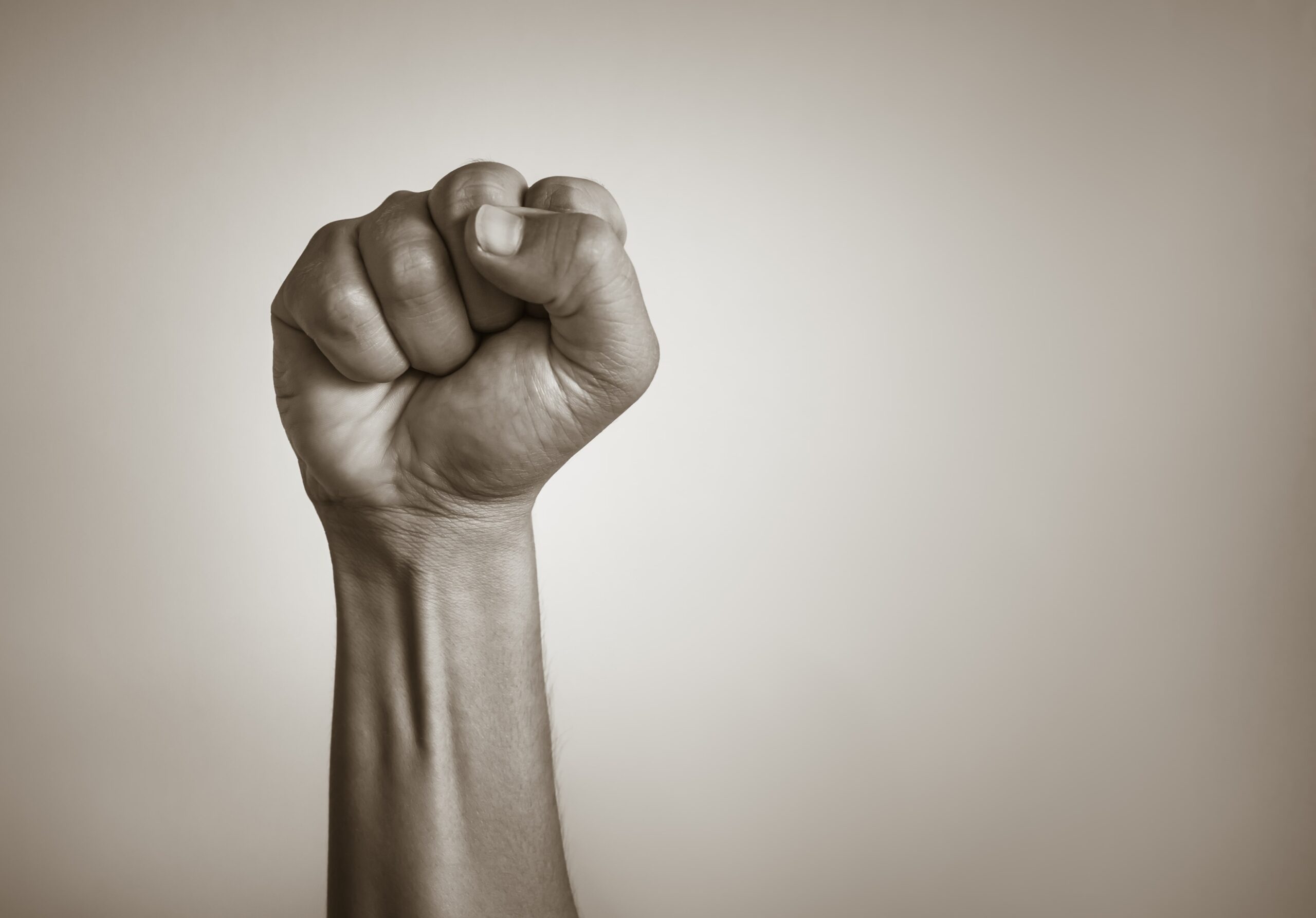Share This Article
What is Jury Duty? | How Do You Get Picked for Jury Duty in Australia?
In New South Wales, jurors form an important role in the justice system including by hearing and determining serious criminal matters and some civil matters. The names of around 200,000 potential jurors are randomly selected from the NSW Electoral Roll to be included on the jury roll, each year. Selected persons will be sent ‘notices of inclusion’ essentially notifying them that they are on the jury roll and may be selected for jury service in the next 12 months.
Subsequent to this, around 150,000 people on the roll are sent a jury summons notice, during the year.
This notice requires the person to attend court, where they may be selected as a juror for a trial.
It is usually sent out one month before you are required to attend court, and will provide details such as the court location, date, and time, and whether the case will be criminal or civil.
However, only 9,000 people a year will be selected to serve on jury panels, who are then empanelled as jurors.
This is due to out of those who are summoned to attend court, potential jurors will be selected at random to take a seat in the jury box, and then may face a challenge (i.e., a rejection) from the prosecution or defence counsel in court.
Prosecution and defence counsel can challenge jurors, without providing reasons, and are each allowed a maximum of three challenges.
How Much Do You Get Paid For Jury Duty NSW?
If the trial a juror is sitting on lasts between 1 – 10 days, they will be paid $106.30 a day. However, if the trial lasts longer, jurors who are employed will then be paid $247.40 per day, after 10 days has passed. However, if the juror is not employed, they will continue to be paid $106.30 per day.
Jurors are also paid a travel allowance, which is calculated on the distance from their postcode to the courthouse, at 30.7 cents per kilometre.
How To Get Out of Jury Duty NSW
If a person has received a summons to attend court for jury duty, that person may apply to be excused from jury duty either online, by email or post, if that person has ‘good cause’ to be excused from jury duty. Another way to get out of jury duty is by requesting the sheriff to be exempt permanently from jury duty because of a permanent mental or physical impairment that results in jury duty being incompatible with his or her good health or that otherwise renders the person unable to perform jury service.
As per section 14A of the Jury Amendment Act 2010 (NSW), ‘good cause’ is defined as where:
- jury service would cause undue hardship or serious inconvenience to the person, the person’s family, or the public,
- the person has a disability which would render them, without reasonable accommodation, unsuitable for or incapable of effectively serving as a juror,
- a conflict of interest or some other knowledge, acquaintance or friendship exists that may result in the perception of a lack of impartiality in the juror, or
- there is some other reason that would affect the person’s ability to perform the functions of a juror.
The Sheriff’s Office may consider excusing a potential juror in circumstances such as where they are:
- a sole trader or contractor
- a carer for children, an ill person, or a person with a disability,
- pregnant and are in an advanced stage or having medical difficulties,
- enrolled in studies and need to attend lectures or exams,
It may also consider circumstances such as where the person has a pre-booked holiday or other travel commitments, or difficulty accessing transport to court, including reliable public transport.
When applying to be excused, a person should provide relevant supporting documents.
This will depend upon your circumstances, however, may include a medical certificate, an examination or class timetable, a carer’s card, flight or hotel confirmation documents or a statutory declaration.
A form to fill out will be attached to the summons, and will need to be filled out and returned, with this supporting documentation, if applying by post or by email.
Alternatively, a person may apply online.
If you do not submit an application prior, or even if a prior application to be excused has previously been turned down, there are two opportunities to ask to be excused from jury service on the day a person is required to attend court.
This includes asking the sheriff’s officer and presenting reasons to the judge as to why you should be excused.
It is important to be completely truthful when seeking to be excused, noting that supplying false or misleading information to the sheriff is an offence which carries a maximum penalty of a $5,500 fine, as per section 62.
Who is Exempt From Jury Duty NSW
Some people are excluded from the jury duty, and thus from serving as a juror, whilst holding certain offices, or roles related to the courts or justice systems, including judicial officers, lawyers, including criminal defence lawyers, Coroners, including the following:
- Members or officers of the Executive Council, Legislative Council. Legislative Assembly or the House of Representatives,
- Public sector employees involved in law enforcement, criminal investigation, providing legal services in criminal cases, and justice or penal administration (except on a casual or voluntary basis)
- Crown prosecutors, public defenders, directors or deputy directors of public prosecutions or solicitors for public prosecutions, solicitors general, crown advocates or crown solicitors,
- Members of certain Commissions such as the Independent Commission Against Corruption, and the NSW Crime Commission, and
- Members of the Defence Force, other than members of the Reserves.
Persons who have a right to claim exemption from jury duty include, Clergy, vowed members of any religious order, practising dentists, pharmacists, medical practitioners, persons employed or engaged (except on a casual or voluntary basis) in the provision of fire, ambulance, rescue, or other emergency services, whether or not in the public sector, and:
- A person who within the 3 years that end on the date of the person’s claim for exemption, attended court in accordance with a summons and served as a juror, or within the 12 months that end on the date of the person’s claim for exemption, attended court in accordance with a summons and who was prepared to, but did not, serve as a juror,
- A person who is entitled to be exempted under section 39 on account of previous lengthy jury service,
- A person who resides with, and has the full-time care of, a person who is sick, infirm or disabled.
Other persons who are excluded, include those who have committed certain offences, including such persons include those found guilty or convicted of:
- An offence punishable with life imprisonment,
- A terrorist act,
- A public justice offence (such as making false accusations, hindering an investigation or threatening/intimidating victims or witnesses),
- Certain sexual offences.
Those excluded from jury service for a set time include all persons who are currently serving a sentence of imprisonment, or are subject to certain orders, including:
- a home detention order,
- a suspended sentence of imprisonment,
- probation or parole,
- an apprehended violence order,
- a community service order,
- an extended supervision order, or
- a continuing detention order.
Persons who have completed a sentence of imprisonment are excluded from jury service for seven years after serving a prison sentence of less than three consecutive months, or ten years after serving a prison sentence of three consecutive months or more.
However, those subject to other orders will be excluded from jury service, only for the period of the order.
Furthermore, persons will be excluded from jury service during a period in which they are disqualified by a court from holding a driver’s licence.
It is an offence to not inform the sheriff that you are excluded from jury service, and the reason why, before the day you would otherwise have been required to attend court, which carries a maximum penalty of a $1,100 fine, as per section 62A.
How Many Jurors Sit in a Criminal or Civil Trial?
In criminal trials, juries are usually comprised of 12 jurors, however sometimes juries of 15 are empanelled in cases expected to last more than three months.
In civil proceedings, juries will ordinarily consist of 4 members, however, civil trials in the Supreme Court can be comprised of 12 members.
In coronial inquests, the jury will ordinarily consist of 6 jurors.
What Is The Fine For Not Attending Jury Duty?
The fine for failing to attend jury duty where there is an obligation to otherwise attend is up to $2,200 in New South Wales.
By Poppy Morandin and Jimmy Singh.









